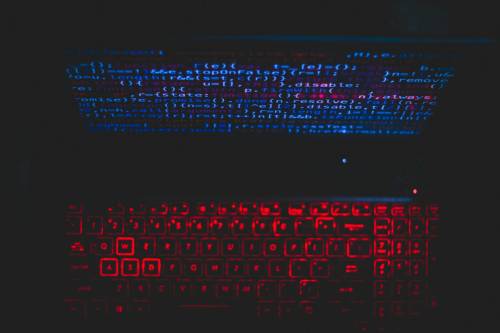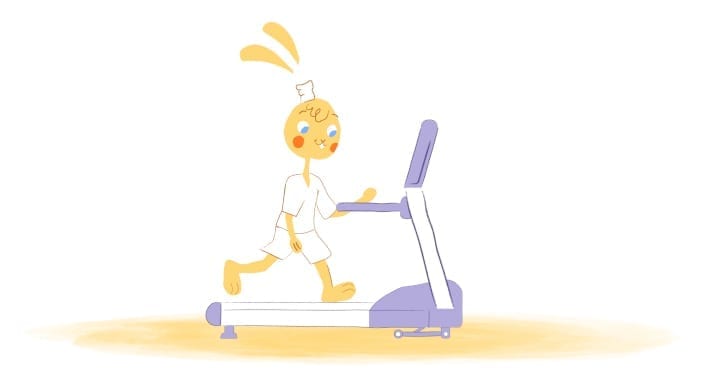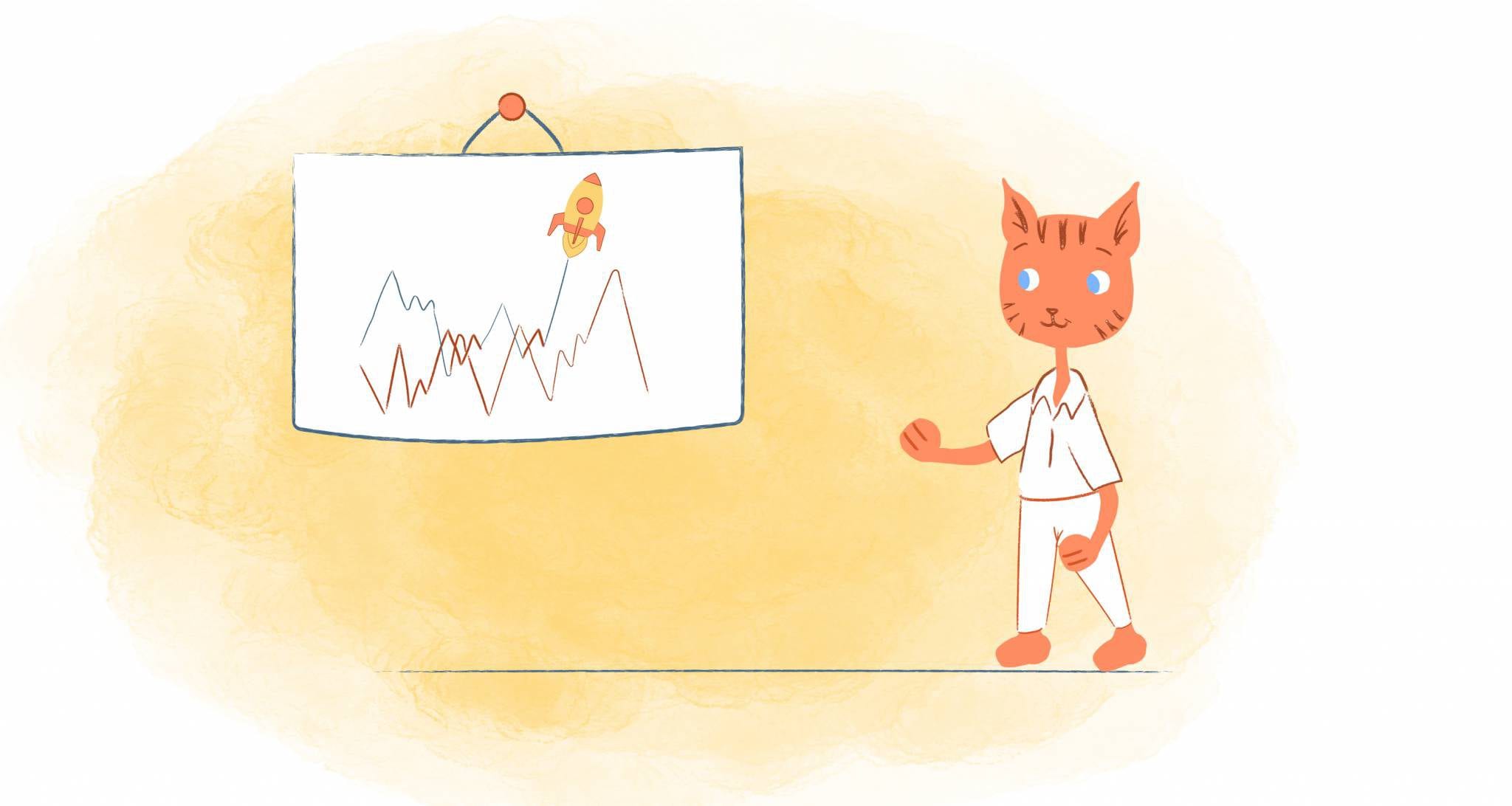

Whether we like it or not, artificial intelligence (AI) has become an integral part of our daily lives. We use it for messaging, calendaring, customer service, and even brainstorming. Moreover, with a few clicks or voice commands, we can generate full presentations, automate tasks that took hours, or make real-time, data-driven decisions.
As of August 2004, almost 40 percent of U.S. adults aged 18-64 used generative AI. In the workplace, 28 percent of employees used it, while 33 percent used it away from the workplace. As far as researchers can tell, that is a significantly faster pickup rate than what was seen with the internet (20 percent after two years) or the personal computer (20 percent after three years).
However, one question lingers silently in this race for optimization: Can we be too efficient? What if AI pushes us beyond productivity into a territory where we lose more than we gain?
Here’s a look at the other side of AI — one that’s rarely seen in tech headlines. The truth is, we won’t benefit from all this efficiency if we don’t ask what it costs us.
1. The death of downtime.
Downtime has traditionally been a natural part of the work cycle. Taking a walk, talking to a coworker, or simply letting your mind wander can have a profoundly positive effect on your creativity, mental restoration, and problem-solving abilities.
However, AI doesn’t take breaks. It doesn’t need coffee or a breather. In other words, when it steps in, the pace changes. Because of this, tasks that used to take hours now take minutes, forcing us to either take on new tasks or feel guilty.
When we are under pressure to “always be doing,” it can silently erode our ability to pause and reflect. By constantly relying on AI tools to handle our busywork, we risk becoming task machines instead of creative thinkers.
In short, prioritizing efficiency over reflection is a dangerous trade-off.
2. Risks to human skills.
Data handling, pattern recognition, and mimicking human language are among the areas where AI excels. However, when we delegate too much to machines, we risk losing specific human skills.
Let’s take writing as an example. With tools like ChatGPT, polished copy can be generated in seconds. Sure, that saves time. But if we over-rely on it, we may lose control of our own voice. Over time, our critical thinking, storytelling, or even basic communication skills can become stale.
It’s the same with decision-making. By consistently recommending the “best” course of action based on data, we might lose our ability to assess situations independently. In turn, we become operators instead of originators.
3. Productivity ≠ purpose.
It’s important to remember that being busy is not the same as being fulfilled. Staying busy is easy with AI. With incredible precision, it automates, streamlines, and stacks our to-do lists. But does all this activity lead to meaningful work?
In most cases, the answer is no. It is possible to hide the absence of purpose behind the illusion of productivity. If your long-term goals and values don’t align with the tasks you accomplish in an hour, were you wasting your time?
Although AI can optimize how we work, we are the ones who decide why we work.
4. Ethical gray zones.
There are also ethical concerns associated with AI-driven efficiency beyond its personal consequences. There is a rapid replacement of jobs in many industries due to automation.
According to a report by the World Economic Forum, 47% of manual labor jobs could be automated by 2025; however, a more recent report suggests that this figure may decrease to 42% by 2027. That’s a human story, not just a productivity story. As a result of faster output, people are being displaced, and whole communities may be disrupted economically.
Even in the workplace, AI can be utilized to monitor performance, track productivity metrics, and motivate employees to work harder, faster, and more efficiently. In addition to analyzing how often you type, how quickly you respond to emails, and even your tone, surveillance software powered by AI can also gauge how well you respond to messages.
There’s a fine line between optimizing efficiency and creating a digital panopticon.
5. Creativity can’t be scheduled.
AI can help with creativity by suggesting headlines, generating images, and even composing music. However, creativity goes beyond output. There is insight, nuance, emotion, and an element of unpredictability to it.
By over-optimizing creative processes, we begin to treat inspiration like a spreadsheet. In an environment where everything is based on data and deadlines, experimentation, failure, and surprise become increasingly complex.
When efficiency is the goal, true innovation rarely occurs. Often, it happens in the mess — in failed attempts, random sparks, and slow building of ideas.
6. Dependency on AI and emotional detachment.
Aside from chatbots for mental health, AI assistants for collaboration, and tools that filter our messages, something else starts to fade. As we interact more with polished, ever-helpful digital assistants, we may distance ourselves from the messy, imperfect, and deeply human aspects of communication.
In turn, that leads to dependency. Artificial intelligence could eventually lose touch with our instincts if we start relying on it too heavily to make decisions, communicate, and even think for us.
7. Always-on, always-expected.
AI never sleeps. That means the systems it powers, and the people connected to them, can feel like they shouldn’t sleep either. In a culture of constant availability, it is possible to generate, respond to, and produce instantly. Whether it’s clients expecting faster turnarounds or teams pushing for more output, the bar rises quietly every day.
There’s more to this than just work-life balance. It’s a psychological issue. Despite achieving more than ever, the expectation of non-stop productivity can lead to burnout, stress, and feelings of inadequacy.
So What Do We Do About It? Reclaiming Our Humanity in the Age of AI Efficiency
AI is, at its core, a tool — albeit one that is extremely powerful. However, like any powerful instrument, it carries the potential for misuse if we fail to critically reflect on how we integrate it into our lives and, more importantly, what it ultimately means to us as individuals and as a society.
For a more balanced and healthy relationship with AI-driven efficiency, consider these strategies:
Redefine our metrics of productivity.
Rather than determining our days by the sheer number of tasks we complete, we should take a different approach. Instead, track the level of energy, focus, and meaning we bring to our endeavors. Were we truly present at work? Has a real problem been solved? Were we able to make a meaningful connection with another person?
Intentionally build in “human time.”
Every moment of our day does not need to be ruthlessly optimized for maximum productivity. Taking the time to think unstructuredly, rest, wander aimlessly, and explore creativity without a specific, measurable aim is essential. Often, our best ideas germinate and our most profound insights emerge from these seemingly “unproductive” moments.
Cultivate a partnership with AI, not a crutch.
Use AI to spark new ideas, save time on repetitive tasks, and aid in research and analysis to enhance your work. However, resist the temptation to let it completely replace your own critical input, unique perspective, and human touch. Keep your own voice, judgment, and creativity in mind when creating the final product.
Critically examine the metrics of success.
If your workplace or industry promotes hyper-efficiency and relentlessly tracks productivity metrics, ask about the values and goals that underpin these practices. Are you optimizing for meaningful results or just to accomplish more? How are employees recognized for their creativity, insightful problem-solving, and meaningful contributions?
Actively protect the essential human element.
Whether it’s nuanced interpersonal communication or complex decision-making, resist the urge to automate those qualities that define us as humans. Slowness, empathy, the ability to navigate ambiguity, and genuine connection should be preserved and nurtured rather than eliminated through optimization.
Final Thoughts
Our work, lives, and creativity have all been transformed by AI. The temptation to automate everything, to optimize endlessly, to never stop comes with great power, however. It is possible that we could outrun the very things that make our lives rich and meaningful by striving for efficiency.
So next time AI helps you save an hour, ask yourself: what will you do with it? Is it more work? Or living more?
There may not be a more humane choice you will make all day than the answer you choose.
FAQs
Isn’t more efficiency always a good thing?
Overemphasizing efficiency, particularly when driven solely by artificial intelligence, can have unintended negative consequences. In the absence of creativity, critical thinking, human connection, and personal growth, productivity can lead to a narrow and less satisfying work experience.
How can AI-driven efficiency stifle creativity?
Over-reliance on AI for efficiency might:
- Limit exploration and experimentation. Often, AI optimizes for known solutions and existing patterns, potentially inhibiting serendipitous discoveries.
- Reduce human interaction. Artificial intelligence might replace brainstorming and collaborative problem-solving, which are essential for creative breakthroughs.
- Homogenize ideas. There is a possibility that AI algorithms trained on existing data will produce more predictable and less original results.
- Decrease “downtime” for incubation. In moments of rest and unstructured thought, creative ideas often emerge.
How might an overemphasis on AI efficiency impact personal growth and skill development?
If AI handles many tasks, individuals might be able to:
- Missing opportunities for learning and skill acquisition. The best way to develop new abilities is to do things yourself, even if they’re not the most efficient.
- Experienced deskilling. In the future, AI may take over complex tasks, thereby reducing our reliance on these skills.
- Feel less engaged and challenged. If you regularly perform only the most streamlined and AI-assisted tasks, you might become bored and unfulfilled in your work.
- Limited adaptability. You may struggle to adapt to AI when it’s heavily utilized for a specific process.
How can we strike a healthy balance between leveraging AI for productivity and preserving human skills and values?
Achieving the right balance requires:
- Adopting a human-centered approach to AI implementation. Rather than replacing humans entirely with AI, focus on how it can enhance them.
- Prioritizing learning and development. To keep individuals engaged and adaptable, promote continuous skill development.
- Fostering collaboration and human connection. In the workplace, facilitate teamwork, brainstorming, and social interaction.
- Promoting critical thinking and digital literacy. The ability to evaluate AI outputs and understand their limitations should be provided to individuals.
- Designing AI tools that are transparent and explainable. For critical evaluation and building trust in AI, it is imperative to understand how it arrives at its conclusions.
- Establishing ethical guidelines for AI use. Establish policies that protect privacy, address bias, and prevent dehumanization.
- Recognizing the value of “inefficient” human activities. Innovation stems from creativity, exploration, and relationships, even if they’re not always efficient.
What practical steps can individuals take to avoid becoming too dependent on AI?
Individuals can:
- Actively engage in tasks AI could automate by practicing skills and maintaining a hands-on approach.
- Collaborate with colleagues and brainstorm ideas.
- Give yourself time to think and explore creatively unstructured.
- Continually learn and develop new skills outside of AI-assisted tasks.
- Understand how AI outputs are made and analyze them critically.
- Through experience and reflection, cultivate their intuition and judgment.
- You should take breaks and engage in activities that promote your well-being and cognitive function.
Image Credit: Rahul Pandit; Pexels











John Rampton
John’s goal in life is to make people’s lives much more productive. Upping productivity allows us to spend more time doing the things we enjoy most. John was recently recognized by Entrepreneur Magazine as being one of the top marketers in the World. John is co-founder of Calendar.